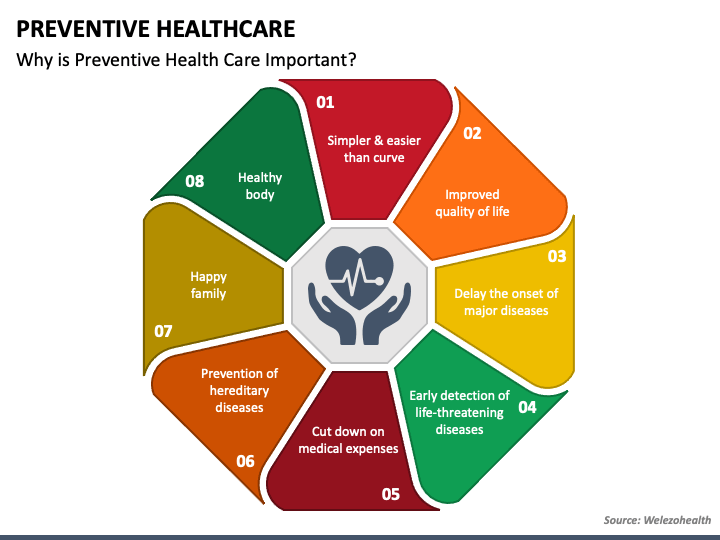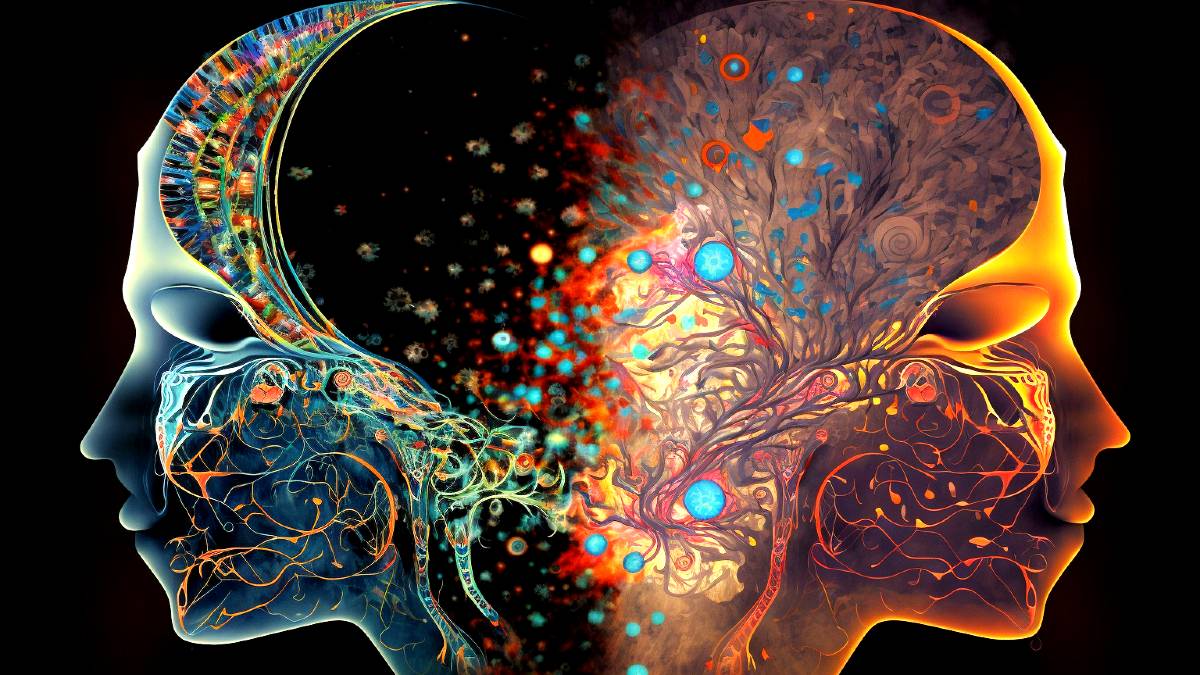Gut Feelings: How Your Gut Health Impacts Your Mood
The Surprising Connection: How Your Gut Health Impacts Your Mood
For years, we’ve thought of the gut as simply the engine that digests our food. But recent scientific discoveries are revealing a far more complex and fascinating role for our digestive system – one that extends all the way to our brains and profoundly impacts our mood, emotions, and even mental health. This isn’t just a trendy wellness topic; it’s a rapidly growing field of research demonstrating a powerful link between gut health and mental wellbeing. Let’s dive deep into this connection and explore how nurturing your gut can be a key step towards a happier, healthier you.
The Gut-Brain Axis: A Two-Way Street
The communication pathway between your gut and your brain is known as the gut-brain axis. It’s not a single nerve, but a complex network involving several systems. These include the vagus nerve (a major cranial nerve running from the brain to the gut), the immune system, the endocrine system (hormones), and crucially, the gut microbiome. Think of it as a constant conversation happening between your digestive system and your brain.
This isn’t a one-way conversation either. Your brain can influence your gut – think about the “butterflies” you feel when nervous, or how stress can lead to digestive upset. But increasingly, research shows the gut has a *significant* influence on the brain. The gut microbiome, in particular, plays a starring role.
Meet Your Gut Microbiome: Trillions of Tiny Influencers
The gut microbiome is the community of trillions of microorganisms – bacteria, fungi, viruses, and other microbes – that live in your digestive tract. It’s a hugely diverse ecosystem, and each person’s microbiome is unique, like a fingerprint. These microbes aren’t just passengers; they actively participate in many vital functions, including:
- Digesting food: They help break down complex carbohydrates and fibers that our bodies can’t digest on their own.
- Synthesizing vitamins: They produce essential vitamins like vitamin K and some B vitamins.
- Boosting immunity: A large portion of our immune system resides in the gut, and the microbiome helps train and regulate it.
- Producing neurotransmitters: This is where the mood connection gets really interesting.
Neurotransmitters: The Chemical Messengers of Mood
Neurotransmitters are chemical messengers that transmit signals between nerve cells in the brain. They play a crucial role in regulating mood, emotions, sleep, and cognitive function. Serotonin, dopamine, and GABA are just a few examples. What many people don’t realize is that a significant amount of these neurotransmitters aren’t produced *in* the brain, but in the gut!

For example, approximately 90% of the body’s serotonin is produced in the gut. Serotonin is often called the “happy chemical” because it plays a key role in regulating mood and feelings of wellbeing. Gut bacteria influence serotonin production by stimulating cells in the gut lining to release it. Similarly, they contribute to the production of dopamine (associated with pleasure and motivation) and GABA (a calming neurotransmitter).
An imbalance in the gut microbiome – often referred to as dysbiosis – can disrupt neurotransmitter production, potentially leading to mood disorders like anxiety and depression.
How Gut Dysbiosis Impacts Mental Health
Dysbiosis occurs when the balance of good and bad bacteria in your gut is disrupted. This can happen due to a variety of factors, including:
- Poor diet: A diet high in processed foods, sugar, and unhealthy fats can feed harmful bacteria and suppress the growth of beneficial ones.
- Antibiotics: While life-saving, antibiotics can kill both good and bad bacteria, disrupting the microbiome.
- Chronic stress: Stress can negatively impact gut bacteria composition.
- Lack of sleep: Sleep deprivation can also disrupt the microbiome.
- Environmental toxins: Exposure to pesticides and other toxins can harm gut bacteria.
When dysbiosis occurs, it can lead to:
- Increased inflammation: An imbalanced gut can trigger chronic inflammation throughout the body, including the brain. Inflammation is linked to many mental health conditions.
- Leaky gut: Dysbiosis can compromise the integrity of the gut lining, leading to “leaky gut” where undigested food particles and toxins can enter the bloodstream, further fueling inflammation.
- Reduced neurotransmitter production: As mentioned earlier, an imbalanced microbiome can disrupt the production of key neurotransmitters.
Nurturing Your Gut for a Happier Mind: Practical Steps
The good news is that you can actively improve your gut health and, in turn, potentially boost your mood and mental wellbeing. Here are some practical steps you can take:
- Eat a diverse, plant-rich diet: Focus on whole, unprocessed foods, including plenty of fruits, vegetables, legumes, and whole grains. Variety is key – aim for 30 different plant-based foods per week!
- Include fermented foods: Fermented foods like yogurt (with live and active cultures), kefir, sauerkraut, kimchi, and kombucha are rich in probiotics – beneficial bacteria that can help restore balance to your gut microbiome.
- Consume prebiotic-rich foods: Prebiotics are fibers that feed the good bacteria in your gut. Good sources include garlic, onions, leeks, asparagus, bananas, and oats.
- Limit sugar and processed foods: These feed harmful bacteria and contribute to inflammation.
- Manage stress: Practice stress-reducing techniques like meditation, yoga, deep breathing exercises, or spending time in nature.
- Get enough sleep: Aim for 7-9 hours of quality sleep per night.
- Consider a probiotic supplement: If you’re struggling to get enough probiotics through diet alone, a supplement may be helpful. Talk to your doctor or a registered dietitian to determine if a probiotic is right for you.
The Future of Gut Health and Mental Wellbeing
Research into the gut-brain axis is still evolving, but the evidence is mounting: a healthy gut is essential for a healthy mind. While gut health isn’t a magic bullet for mental health conditions, it’s a powerful piece of the puzzle. By prioritizing your gut health, you can take a proactive step towards improving your mood, reducing stress, and enhancing your overall wellbeing. It’s a fascinating area of science, and we’re only just beginning to understand the full extent of this incredible connection.
Disclaimer: This blog post is for informational purposes only and should not be considered medical advice. If you are struggling with mental health issues, please consult with a qualified healthcare professional.



